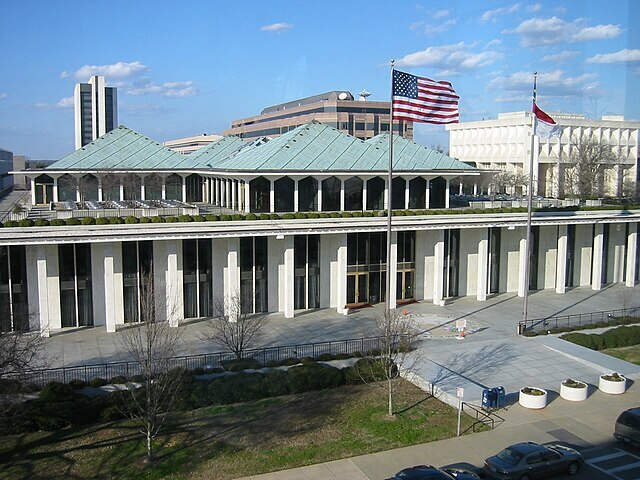Recently, my colleague Joe Warta examined a very flawed claim made by progressives regarding the benefits of North Carolina’s state income tax cuts over the past decade. Specifically, the leftists claimed that “the rich” enjoyed almost all the benefits of the tax cuts, while the cuts somehow placed a higher tax burden on low-income households.
Warta’s piece presented evidence of why this is wrong, but it also brought to mind a point on which I wanted to elaborate more.
When progressives complain about low-income people shouldering a larger tax burden as a share of their income, the progressives’ “solution” typically involves evening that burden out not by lessening the tax burden on the poor, but by increasing the tax burden on higher-income earners.
Progressives’ ‘solution’ typically involves evening that burden out not by lessening the tax burden on the poor, but by increasing the tax burden on higher-income earners.
And when looking at their actions, leftists’ supposed concern about regressive tax burdens largely created by the sales tax turns out to be a sham. Indeed, over the past twenty-plus years, progressives have not hesitated to impose massive sales tax hikes, even dismissing these regressive tax increases as “painless.”
Take, for instance, the case of the 2001 recession. When revenues dipped, Democratic leadership in the legislature, with the approval of Democratic then-governor Mike Easley, relied most heavily on sales tax hikes to extract more revenue from North Carolinians. Specifically:
- The statewide sales tax was increased by 1/2 percent, scheduled to sunset Oct. 2003. This was extended twice and in 2006 1/4 cent of it was made permanent
- A 1/2 cent local option sales tax was approved, which was also made permanent
- Overall, the sales tax was increased by 3/4 of a cent permanently – supposedly in response to a temporary revenue need
Other taxes were implemented at the time as well, but the majority of added revenue came from the sales tax hikes. And it’s also important to note that the progressives in the legislature – supposedly concerned about regressive tax burdens on the poor – kept higher sales tax rates in place well after the recession subsided.
Merely extending the “temporary” sales tax cost taxpayers an additional $1.46 billion at a time when the budget started running a significant surplus, and that’s not even counting the portion of the tax made permanent. To borrow a phrase, these surpluses were unnecessarily financed “off the backs of the poor” via the regressive sales tax – fully supported by Democrats in the legislature and their progressive allies.
Fast forward to the onset of the Great Recession in 2008. In the 2009 budget the Democrat legislature, this time signed off by Democratic then-governor Bev Purdue, hiked the state sales tax by a full cent in an attempt to fill in a massive revenue gap. The lack of concern by progressives about a sizeable increase of the regressive tax they claim to be against became evident, as they labeled the near two-billion dollar tax hike as the “painless penny.”
This increase was estimated to cost taxpayers $1.6 billion over two years. Purdue in 2011 fought to keep three-quarters of this tax in place, but it was the Republican legislature’s budget that allowed the sales tax to fall back down again, a budget that was passed by overriding her veto.
In sum, don’t believe left-wing progressives when they claim to object to “regressive” tax structures, largely made regressive by sales taxes. When revenues fall during economic downturns, they won’t hesitate to increase sales taxes – and even dismiss concerns about the increased burden on low-income households as “painless.”


